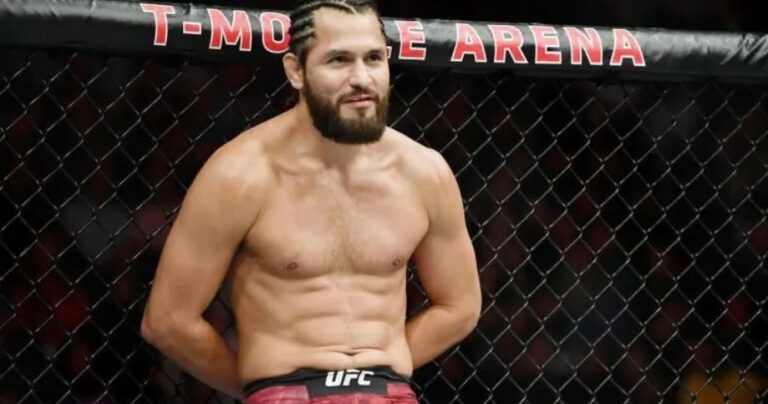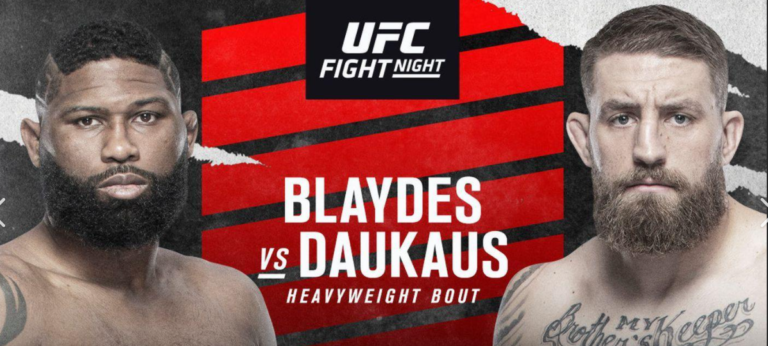MMA Fighters: Like Fine Wine, Better with Age?
Mixed Martial Arts (MMA) is a physically demanding sport that often tests the boundaries of human endurance, strength, and agility. While the prime age for athletes in many sports tends to hover around the late 20s, an intriguing trend has been observed in the MMA world. Many fighters seem to be defying the age factor and performing at their peak even in their late 30s and beyond. But is this just anecdotal, or can this claim be backed with data?
Age vs. Performance: The Numbers
Several top fighters in the UFC and other MMA promotions have been delivering stellar performances well into their late 30s and even 40s. Here are a few notable mentions:
- Yoel Romero: Despite being in his 40s, Romero has remained a top contender in the UFC middleweight division. With a record of 13-5, many of his wins came when he was over 35.
- Daniel Cormier: DC began his MMA career late and managed to capture the UFC Heavyweight and Light Heavyweight titles in his late 30s.
- Alistair Overeem: With a career spanning decades, Overeem has had some of his most memorable performances past the age of 35.
- Randy Couture: Perhaps one of the most iconic fighters, Couture won the UFC Heavyweight title at the age of 43.
These are but a few examples. Analyzing the win-loss records of fighters above the age of 35 in major MMA promotions suggests that a significant number of them have maintained a win rate of over 50%, comparable to many younger fighters.
The Factors Behind the Age Advantage:
- Experience: In MMA, experience can often outweigh youthful exuberance. Older fighters have been in more wars, faced diverse opponents, and honed their strategy and technique over time. This rich history can provide a significant advantage in the cage.
- Mental Strength: Older fighters might have the mental edge. They’ve dealt with losses, injuries, and comebacks, making them mentally tougher and more resilient.
- Training Regimens: Modern training regimens, combined with advancements in sports science, have allowed athletes to maintain peak physical condition for longer. Nutritional advice, recovery methods, and tailored training can extend a fighter’s prime.
- Fight IQ: A higher fight IQ, developed over years, allows veterans to make smarter decisions, conserve energy, and capitalize on an opponent’s mistakes.
Backing It with Data:
A 2017 study published in the Journal of Strength and Conditioning Research studied the ages of elite MMA athletes over a period. The data suggested that the mean age of elite male fighters had been increasing over the years.
Another comprehensive data analysis from FightMatrix, which tracks fighter rankings, has shown a noticeable increase in the average age of top-ranked fighters from 2008 to 2018. This upward trend indicates that fighters are maintaining elite status well into their later years.
Conclusion:
While youth offers certain advantages in terms of speed and recovery, MMA is a multifaceted sport where experience, technique, strategy, and mental toughness play pivotal roles. The growing number of older fighters who continue to dominate the sport is a testament to the fact that in MMA, age can indeed be just a number.
So, the next time an “old-timer” steps into the cage against a young gun, don’t be too quick to write them off. They’ve weathered storms and gathered wisdom that only time can bring, and often, that’s their ace in the hole.









